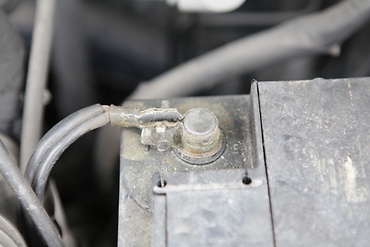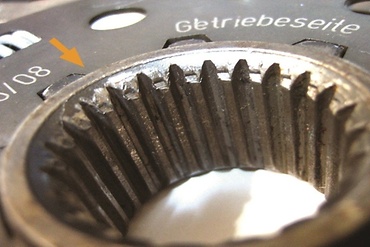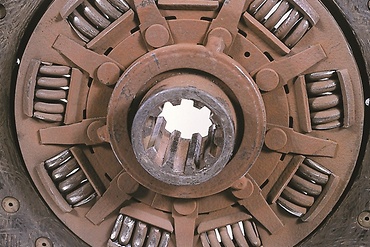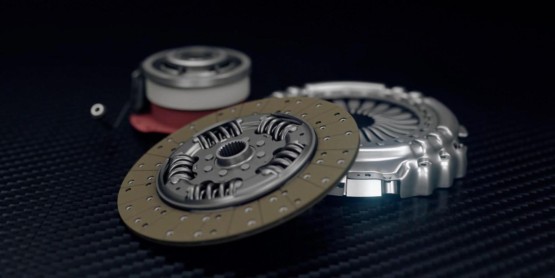
The Fundamental Role of the Clutch
The clutch plays a very vital role in your vehicle as it is the one which intermediates between the engine and transmission system. This mechanism enables the power to be transferred from the engine to the wheels in a smooth manner making it possible to efficiently shift gear changes and enjoy a smooth ride.
Power Transfer Mechanism
The clutch enables the transfer of power from the engine to the drivetrain in a seamless manner, making sure that the engine’s power is effectively utilised. An efficiently functioning clutch helps to transmit power properly and causes less burden or drag on the engine, which helps in saving fuel. On the other hand, a faulty clutch can lead to slipping, which means that instead of transmitting and engaging the power from the engine to the wheels, it allows the engine to work harder and expend more energy in the form of fuel.
Impact on Fuel Efficiency
Proper clutch control is an important factor that allows a car to conserve fuel. It allows for proper engine usage, preventing excessive fuel consumption that can occur if the engine is overworked. A worn clutch or improper use can lead to increased fuel consumption, as the engine places a greater load on the wheels.
Recognizing Clutch Wear and Tear
Learning to recognize the signs of clutch wear and tear is crucial for maintaining optimal driving conditions and fuel efficiency.
- Common Symptoms:
- Difficulty in shifting gears
- Spongy or loose clutch pedal
- Noticeable decrease in fuel efficiency
- Unusual noises when pressing the clutch pedal
- Importance of Prompt Action
It's important to address clutch wear and tear issues promptly to prevent them from worsening. Taking proactive care and giving attention to these issues will help to keep the car fuel-efficient and prevent the development of major problems that could lead to significant expenses in the future.
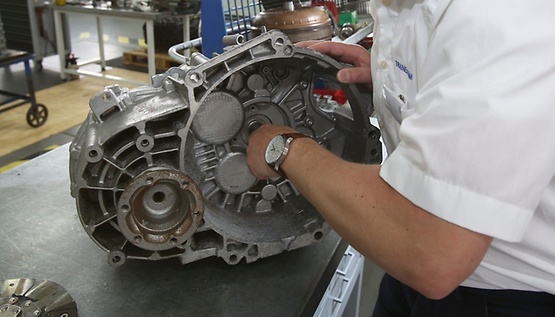
Maintenance – Enhancing Longevity and Efficiency
To extend the lifespan and improve the efficiency of the clutch system, it is highly recommended to carry out regular vehicle maintenance.
- Routine Check-ups
- Inspections can often reveal signs of wear and tear, allowing for early clutch replacement before it becomes a problem. These check-ups are useful for identifying such issues and getting them fixed at an early stage, thereby maintaining the vehicle’s fuel economy and performance.
- Professional Servicing
- Regular maintenance of your vehicle is essential to ensure that your clutch system is always in top condition. Qualified professionals can also provide fine-tuning and replace certain parts to enhance your car's performance.
Upgrades: Investing in Efficiency
Ensuring that your vehicle has the best clutch system installed can be highly beneficial for the way your car rides and your fuel consumption.
Improved Performance
An improved clutch typically results in smoother gear shifting, more efficient power transmission, better fuel economy, and enhanced vehicle response.
Long-Term Savings
Perhaps investing in high-quality clutch systems may initially require a significant investment, but over time, the savings from reduced fuel consumption and less frequent vehicle maintenance would prove beneficial.
Conclusion
Don't forget to manage the clutch when preparing for long trips to reduce the amount of fuel you need to carry. Regularly visit service stations, promptly address clutch wear, and use only high-quality materials for replacement to significantly enhance fuel economy and prolong the life of your car.
FAQs
A smooth transition between gears, maintaining a steady throttle and avoiding clutch and acceleration jerking, are some driving practices that result in smooth clutch control and improve fuel economy.
Effective use of the clutch reduces stress on the transmission system, which prevents other parts from wearing out and getting damaged, thus improving their durability.
Yes, clutches made from high-performance materials can provide better fuel economy given the fact that the components are capable of efficient power transmission coupled with longer life.
Yes, that is correct; vehicles that are heavier place a lot of pressure on the clutch, thus decreasing fuel economy. These effects can however be minimized through correct clutch operation and periodic servicing of the said component.
ZF Aftermarket product range
Discover the complete portfolio of steering components in our product catalog.
